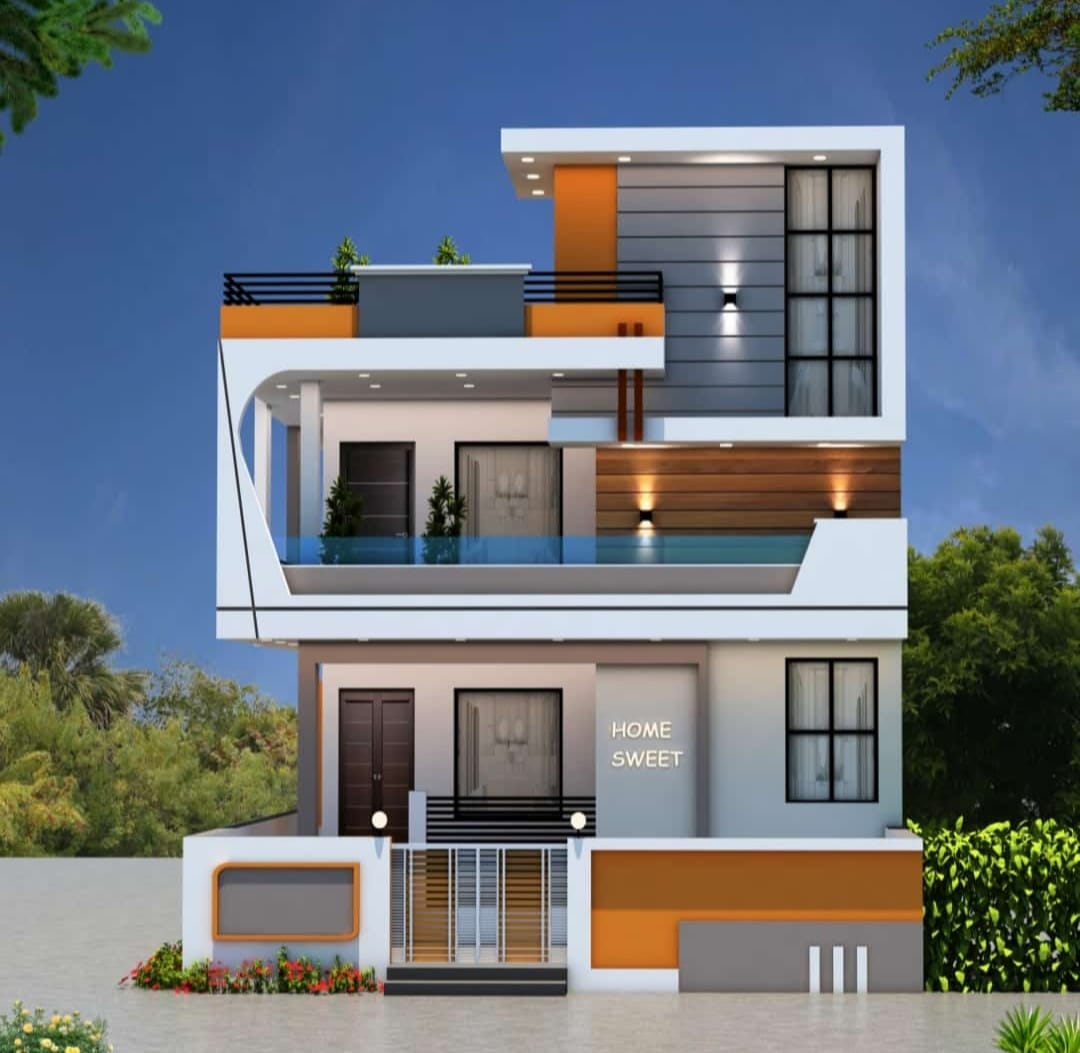Building a house is a significant milestone in life, and understanding the key aspects can make the process smoother and more rewarding. Constructing a home involves multiple stages, from planning and budgeting to final inspections. To help you make informed decisions, here are nine essential things to know before you start constructing your dream home.
Budget Planning
Before starting construction, it’s crucial to determine your budget. Consider all aspects, including construction costs, materials, labor, permits, and a contingency fund for unexpected expenses. Creating a comprehensive budget helps you avoid financial stress during the project. Break down costs into categories, such as structural work, interior finishes, and landscaping, to stay organized.
Choosing the Right Location
Selecting the right location for your house is vital. Evaluate the neighborhood’s safety, accessibility to essential services, and the potential for future development. Additionally, consider factors like soil quality and land topography, which can influence construction costs and foundation stability.
Design and Layout
Collaborate with professional architects and designers to create a functional layout that suits your lifestyle and preferences. Focus on space utilization, natural light, ventilation, and aesthetic appeal. Think about the number of bedrooms and bathrooms you need, as well as special areas like a home office or gym. A well-thought-out design ensures comfort and efficiency in the long run.
Hiring Professionals
Engaging experienced contractors, architects, and engineers is crucial for quality construction. Research potential professionals, check their credentials, and review their past projects. Hiring a reputable team ensures the project adheres to safety standards, timelines, and design specifications. Ensure contracts are detailed and clearly outline project milestones and payment schedules.
Permits and Regulations
Understanding and complying with local building codes and regulations is essential to avoid legal issues. Obtain the necessary permits before construction begins. This process involves submitting plans for approval and undergoing inspections at various construction stages. Staying compliant ensures the safety and legality of your home.
Quality Materials
Investing in high-quality materials is key to building a durable and safe home. Choose materials known for their strength, sustainability, and resistance to environmental factors. From cement and bricks to roofing materials and insulation, the quality of your materials affects the longevity and maintenance of your house. Consulting with professionals can help you select the right options for your budget.
Energy Efficiency
Incorporate energy-efficient designs and materials to reduce long-term energy costs and promote sustainability. Use insulation, energy-efficient windows, and solar panels where possible. Opt for eco-friendly building practices like rainwater harvesting and energy-efficient HVAC systems. An energy-efficient home reduces utility bills and minimizes your carbon footprint.
Timeline Management
Establish a realistic timeline and stay organized to avoid delays and additional expenses. Break the project into phases: site preparation, foundation work, framing, roofing, and finishing touches. Regularly review progress with your contractor and address any issues promptly. Remember that weather, material availability, and labor shortages can impact your timeline.
Regular Inspections
Conduct regular site inspections to ensure work is progressing as planned and address issues promptly. Schedule inspections at key milestones, such as foundation completion, framing, and final finishes. Hiring a professional inspector can help identify potential issues early, preventing costly repairs in the future.
Conclusion: Building a house requires careful planning, collaboration, and attention to detail. By considering these nine factors—budget planning, location, design, professional hiring, permits, material quality, energy efficiency, timeline management, and inspections—you can ensure a smoother construction process and create a home that is both functional and beautiful. Taking the time to plan and stay informed will make your dream home a lasting reality.

